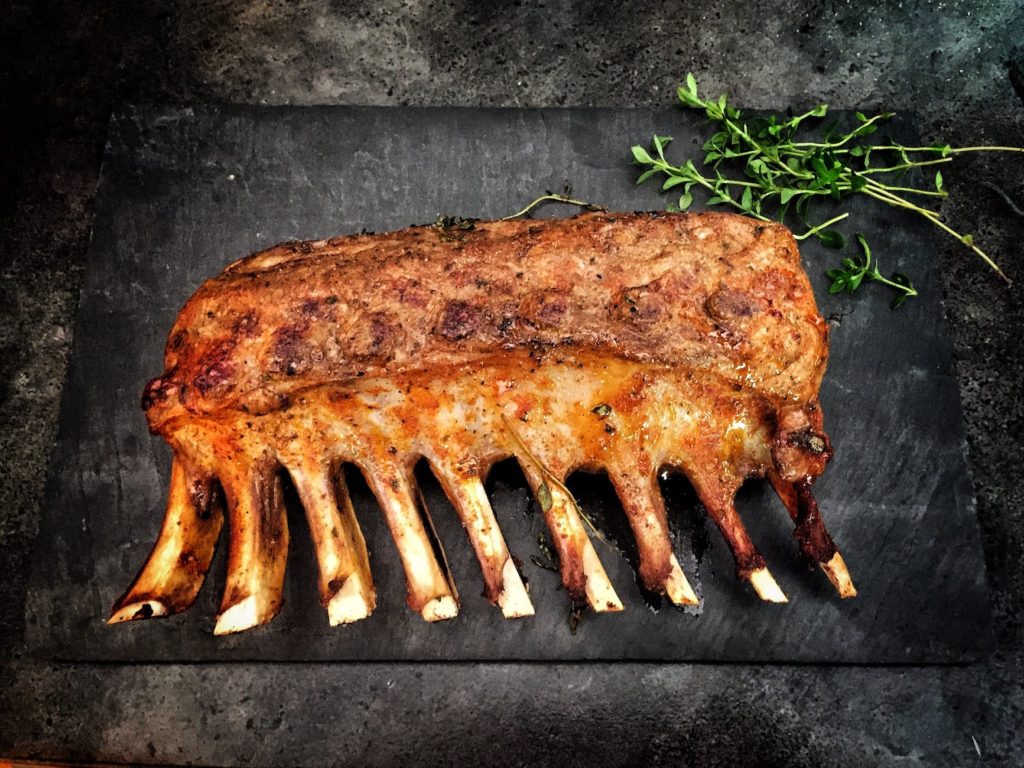Living With Meat Eaters
Sometimes the biggest obstacle you face when you make a decision to become a vegetarian is not adapting to your new diet. It could be that an even bigger challenge is how to deal with your relationship with friends, family, and coworkers as you make your new devotion to a vegetarian lifestyle known to them. So it’s a good idea to think through the issues you may encounter so you can smoothly integrate your new passion for vegetarian living with your lifestyle in general.
When someone who is not a vegetarian learns of your decision, their first reaction may be shock and confusion. You may remember when you first learned of the vegetarian way of life, there are a lot of misperceptions that becoming a vegetarian meant you are converting to a strange religion and that you are no longer the same person you used to be. You may see that reaction in the eyes of your family, friends, or coworkers, and mixed in with a concern that you have “gone off the deep end” is a worry that you will no longer be able to enjoy meals with them or, worst case, you will become pushy that they too join you in your new diet and belief system.
New Lifestyle
The best way to make sure your relationships with others are not adversely changed by your new lifestyle is to think out how you will tell others and how to manage their reactions. Much of how you craft the way you present your feelings about becoming a vegetarian will reflect your reasons for adopting this new lifestyle. If you are interested in vegetarian eating primarily for diet purposes, it’s natural we all have our own diet preferences.
A diet-driven vegetarian regime is something that should not cause any uneasiness in those you are close with. The key then is to present your decision to become a vegetarian so they know it is primarily a health and diet choice. If they know that there are no large ethical or religious issues in your decision, that will take much of the “stigma” of becoming a vegetarian out of your time together, even during meal time.
Your openness about your diet decisions will be very important to the ones in your life who buy the food and prepare it. If you can find recipes that can be integrated with the meat eaters’ recipes so the cook (even if that is you) doesn’t have to prepare two full meals, that takes a lot of the overhead out of living in a house of meat lovers and still maintaining your vegetarian standards.
If your reasons for becoming a vegetarian are ethical or religious, then the more you foster open communication will make all the difference. First of all, decide where you stand on being with others who do not share your views. After all, deciding to become a vegetarian out of your desire for the ethical treatment of animals is a noble cause. But we all have to deal with the fact that not everybody shares our views. So if you are avoiding meat for that reason and a close friend or relative orders the steak at a restaurant, it really is more your responsibility to deal with that than it is for the meat lover.
Naturally, you want to share your ethical or religious values with those you are close to. But you cannot do that if you make them uncomfortable or make them feel like they want to distance themselves from you. So be patient. First, help them accept your new lifestyle. Then as they come to accept this part of you and they relax knowing that you accept them in the same way you want to be accepted, they can express curiosity and you can share your feelings and values. That is the best way to share your feelings and to help others understand what being a vegetarian is all about. And who knows, you might even win some converts if you use an open and patient approach to showing others how you feel.
DISCLAIMER:
This information is not presented by a medical practitioner and is for educational and informational purposes only. The content is not intended to be a substitute for professional medical advice, diagnosis, or treatment. Always seek the advice of your physician or other qualified healthcare providers with any questions you may have regarding a medical condition. Never disregard professional medical advice or delay in seeking it because of something you have read.
Since natural and/or dietary supplements are not FDA-approved they must be accompanied by a two-part disclaimer on the product label: that the statement has not been evaluated by FDA and that the product is not intended to “diagnose, treat, cure or prevent any disease.”





